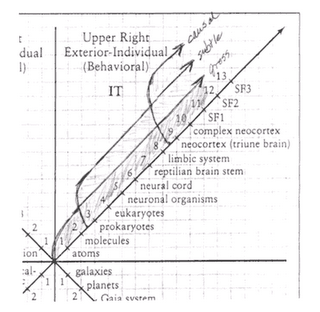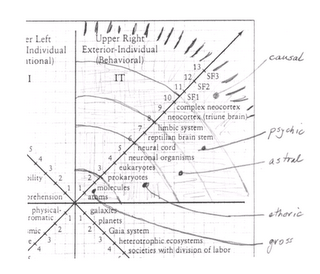Buck-yes

My Buckeyes are looking strong after tonights 38-17 win over prevoiusly undefeated and #13 ranked Iowa in Iowa City (cool college town btw). 5-0, #1 Ranking.
Now if only my Bengals could stop getting in trouble with the law.
Exploration of Unity Consciousness, Christian Life, Integral Thought, and the Future of Politics in a Post-Postmodern World


 I wrote this about three weeks ago, when I was going through some of the more structuralist aspects of integral thought. Then other issues intervened and let this one go. It's a little dated now, given all that subsequent context, but I'm posting it more just as tying up loose ends.
I wrote this about three weeks ago, when I was going through some of the more structuralist aspects of integral thought. Then other issues intervened and let this one go. It's a little dated now, given all that subsequent context, but I'm posting it more just as tying up loose ends.Rather than focus on what I think is this election-year useless distration about the did he/didn't Clinton versus Al-Qaeda (non)debate, I saw this which to me actually speaks to what is happening, what are frightening possibilities---not blame, which vis a vis al-Qaeda both Clinton and Bush deserve plenty.
 This version according to my special lady friend (see left)---today's guest blogger.
This version according to my special lady friend (see left)---today's guest blogger.Bill Clinton was interviewed recently by Chris Wallace of FoxNews Sunday. Clinton goes off for what he feels is underhanded questioning. Watch the video first---available here.
Just finished reading Philip Jenkins' book The New Faces of Christianity: Believing the Bible in the Global South. It is the followup to his even more brilliant (I would say) work The Next Christendom.
Matthew has finally posted his longer piece on Humanities--what originally was a more direct rebuttal of me that became a larger piece.
Some final thoughts on Benedict---the uproar, backlash, defenses, and the like.
Benedict's speech again is here.
 Watched a great documentary called In the Womb from National Geographic. Uses computer generated images based off new 3-D and 4-D (3 Dimensions plus time) ultrasound pictures. Amazingly beautiful piece.
Watched a great documentary called In the Womb from National Geographic. Uses computer generated images based off new 3-D and 4-D (3 Dimensions plus time) ultrasound pictures. Amazingly beautiful piece. Rabbi Abraham Heschel speaking upon the death of MLK, Jr.:
What I think is a fairly important bit of news that maybe fell through the cracks a bit: here.
One of the pro/con (non)debates during the mid-term elections is why we haven't been attacked since 9/11.